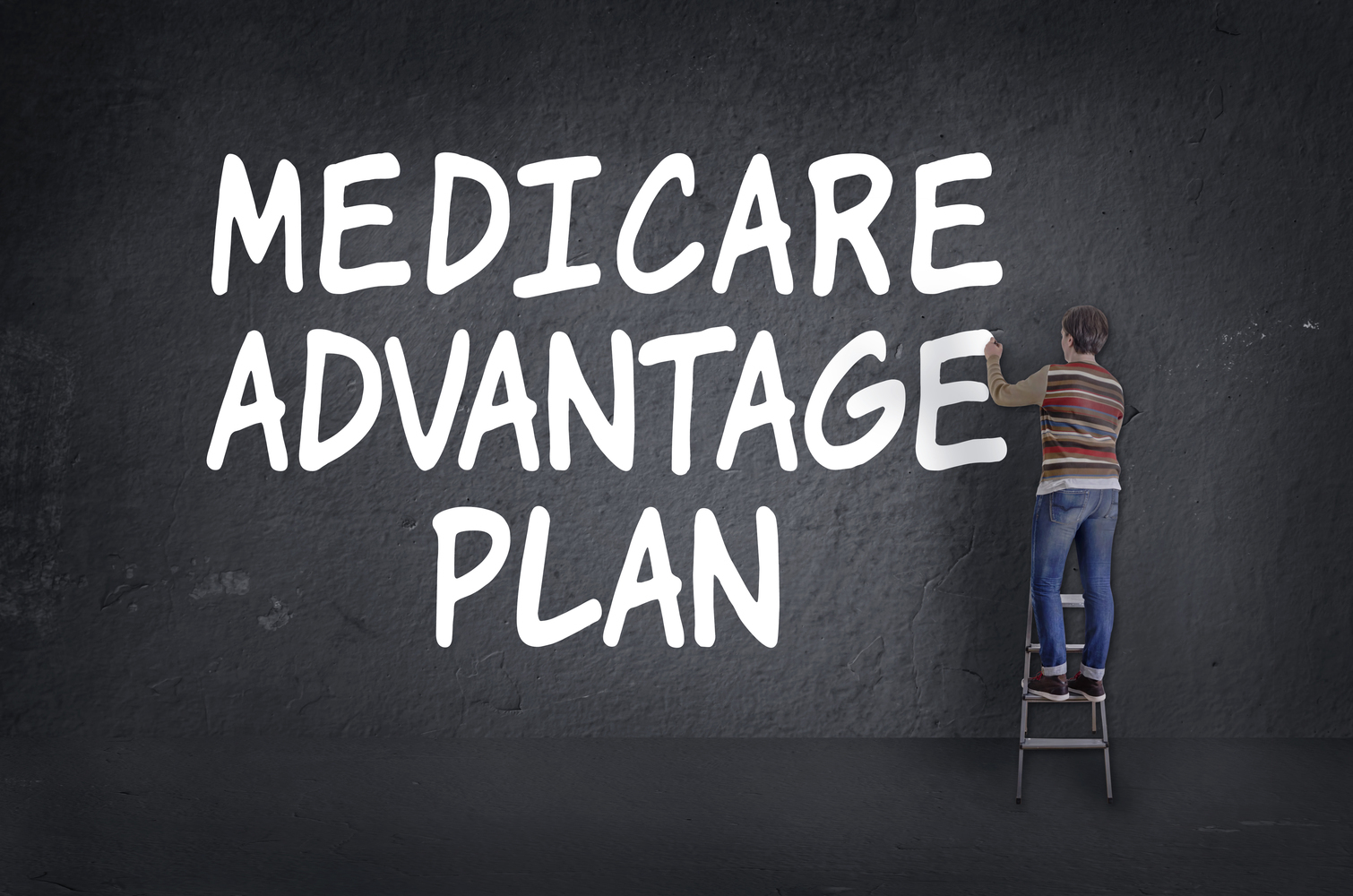
Options for Easing Medicare Costs
Medicare is a form of government-sponsored health insurance that is made available to those over the age of 65-years old, children with certain disabilities, and those with ESRD (end-stage renal disease). Medicare coverage is available for purchase in three parts: Medicare parts A B and C. Medicare part A covers inpatient hospital stays, skilled nursing facility stays, and certain home healthcare services. Medicare part B covers outpatient services, medical supplies, and preventative services. Medicare part C coverage (also known as Medicare Advantage plan coverage) is a catch-all where you can purchase parts A, B, and D (drug coverage) all through one plan.
While Medicare premiums can be costly, there are several ways to reduce costs:
1. Medicare savings programs
Medicare savings programs help low-income individuals and families afford Medicare coverage. They do this by reducing costs associated with premiums, deductibles, copayments, and coinsurance. In order to qualify for a medicare savings program, you must already qualify for Medicare part A and have income below a specific threshold. Here are four savings programs you could be eligible for:
- Qualified Medicare Beneficiary (QMB)
- Specified Low-Income Medicare Beneficiary (SLMB)
- Qualifying Individual (QI or QI-1)
- Qualified Disabled & Working Individuals (QDWI)
2. Use generic versions of drugs
A generic drug is a bioequivalent version of a brand-name drug. The “generic” label is approved by the Food and Drug Administration (FDA). Generic drugs are cheaper than their brand name alternatives because the manufacturers of generic drugs don’t have to pay for clinical trials. Instead, they prove to the FDA that their generic drug has the same chemical ingredients as the brand name alternative, and are thus allowed to sell it. You can reduce your drug costs by asking your doctor to switch to generic versions of your medication. Generic drugs will have the exact same medical effects as brand name drugs, so don’t hesitate to make the switch!
3. Use an HSA
If you have an HSA (health savings account) consider using funds from the HSA to pay your premiums. Money coming out of an HSA will be tax-free when used to pay for eligible expenses (including Medicare premiums).
4. Comparison shopping
There are many different options for purchasing Medicare coverage. You can purchase insurance through original medicare from the government, a Medicare Advantage plan, or even Medigap plans. Medicare Advantage is Medicare coverage sold by a pre-approved private organization. Medicare Advantage plans can have additional benefits and discounts on premiums when compared to original Medicare. A Medigap plan is an insurance plan that covers additional services that aren’t covered by original Medicare (such as international healthcare coverage). The main point is that there are several options when purchasing Medicare insurance and you want to shop around to ensure you’re getting the option that works best for you.


